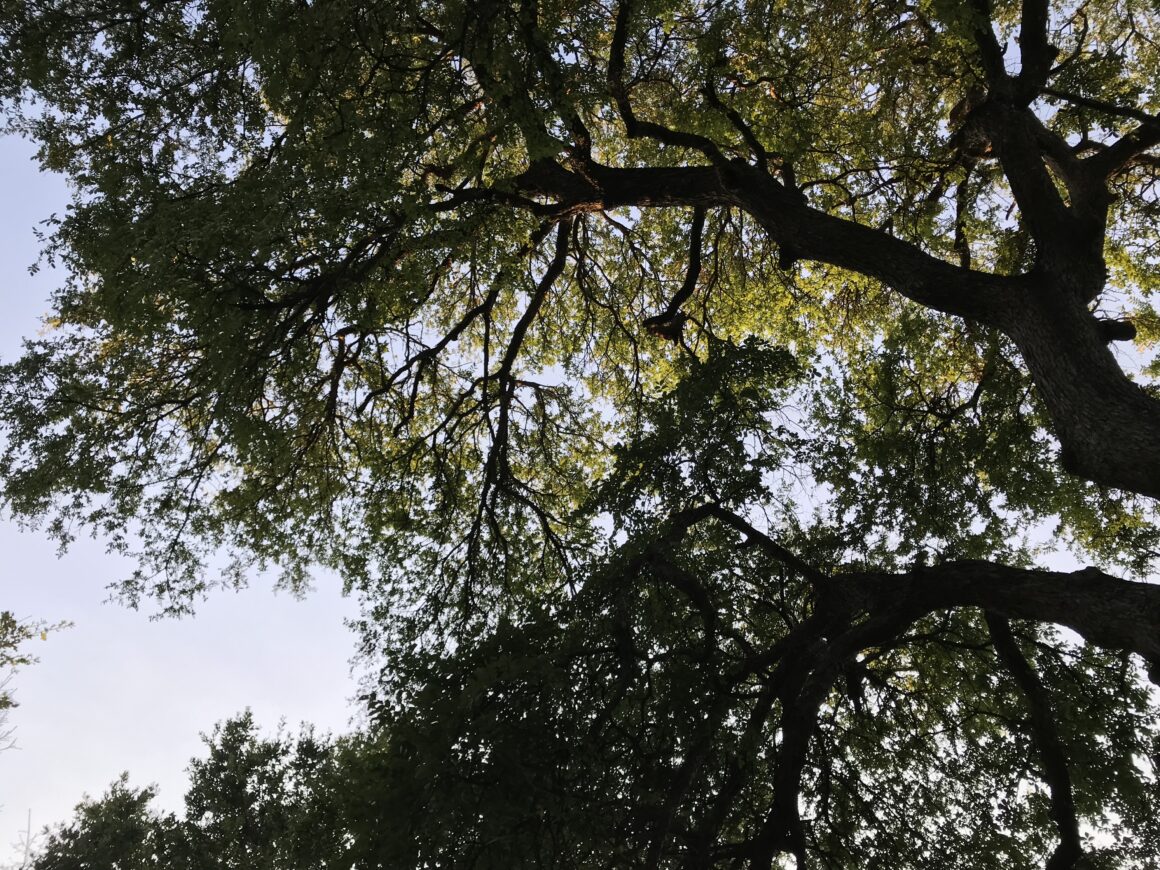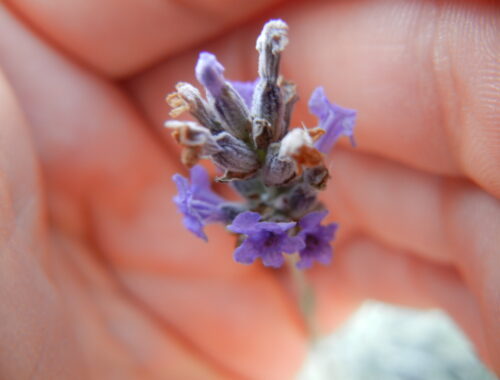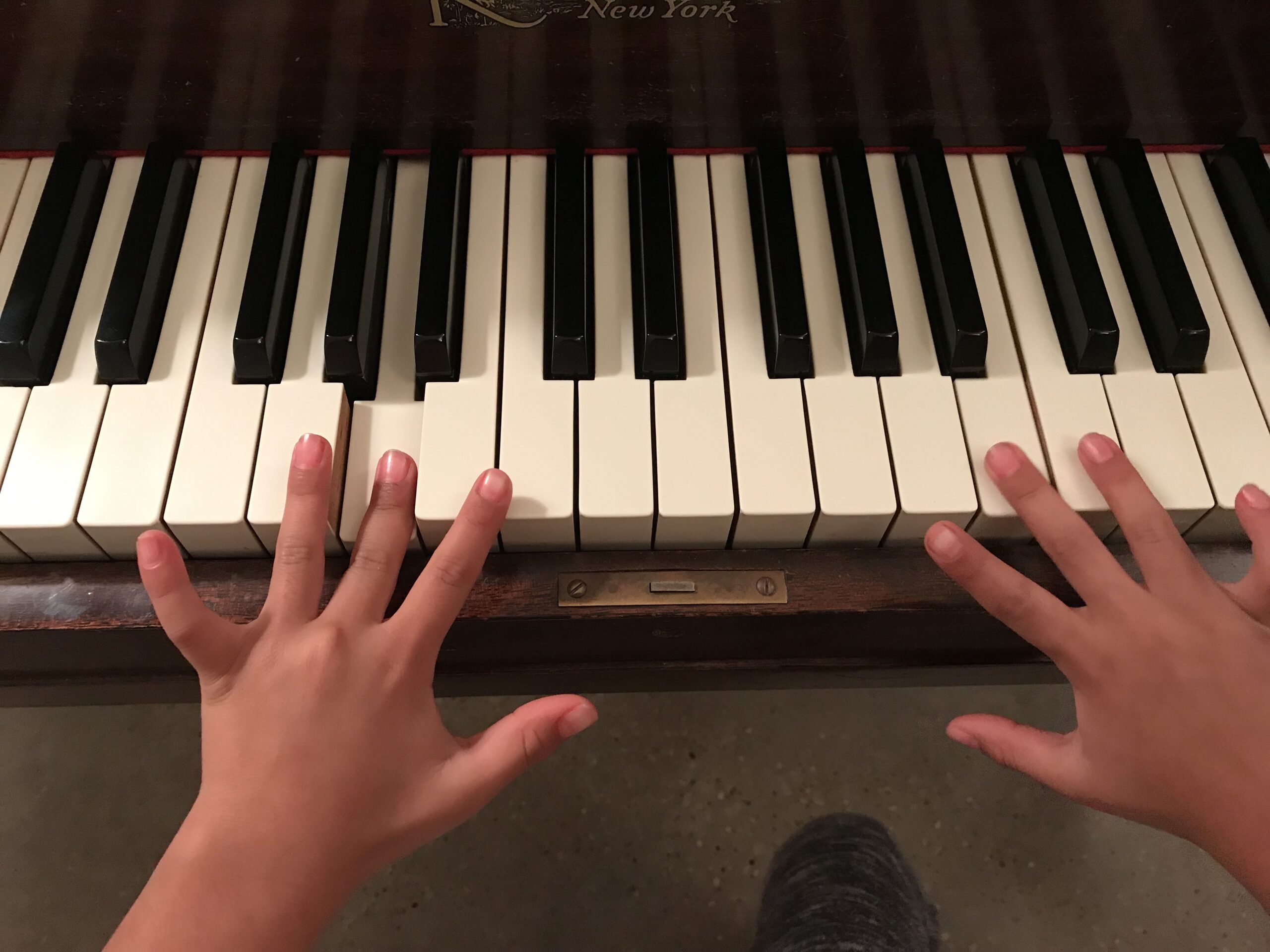
Civics
I’ve wrestled with writing this since I started yesterday, which was after the Supreme Court’s (insert any number of superlative and negative adjectives here _________) decision. Among other suggestions for access to inspiration and the construction of content, the writing teacher Natalie Goldberg urges us to say the words about the very things that we most don’t want to discuss. So: I don’t want to talk about our supposed representative democracy; I don’t want to talk about how the US has lost its stature as a “Full Democracy” and has slid (well before this week’s decisions) among “Flawed Democracies” on the Economist Group’s Democracy Index, at #26, sandwiched between Chile and Estonia. I don’t want to talk about the threats now—in this state of mine, particularly, and increasingly across this country of ours—to safe and fully supported pregnancies where doctors have the full range of treatments to ensure maternal and fetal health and viability (not even talking abortion itself), and to possible needed fertility assistance, for my daughters in law, my granddaughter, my nieces, and anyone else I know (or don’t) and care about who may someday want to grow their families through pregnancy and giving birth, generously and courageously thrusting their bodies and lives into an explosive and great unknown. I don’t want to talk about the many women I know who have had incomplete spontaneous miscarriages and have needed abortive procedures to prevent potentially fatal developments.
I don’t want to talk about how 81% of women in the US (and 43% of men) will have experienced some form of sexual harassment or assault in their lifetime (source: nsvrc.org), with rates even higher among those who are disabled or LGBTQ+, and a significant percentage of this denigrating violence occurring when the survivors were still children, between the ages of 11 and 17. I don’t want to talk about my own experiences as a target of sexual assault. I don’t want to talk about how the typical person who might seek an abortion is a woman who is already a mother, who has some college education, who is—both because of and nevertheless the two preceding factors—poor; that she is single, in her 20s, and very early in pregnancy (source: nytimes.com). I don’t want to talk about the times in my life when—even in full partnership with my hard-working and devoted husband—I wasn’t able to securely provide food and shelter for our children, and I definitely don’t want to talk about the shame and grief and desperation that provoked in me.
I don’t want to talk about how I sat on a series of crinkly paper sheets on vinyl-covered, firm, elevated beds in sterilized medical offices, holding my husband’s hand, trying to keep my brain in my skull and my heart in my center, submitting my pregnant body and heightened emotions to the imaging and the testing that would determine the viability of the fetus, the possibility of its infancy, the prognosis for my own survival and health and future. There was a depth of soul-searching, of conversation and prayer, of consideration and imagination, of what am I seeking and what am I sacrificing and what is the meaning and purpose. I could end my story here, because the outcome of those wrestlings should be private and no one else’s business, because whatever options we deemed the best-balanced risk in the fraught situation were (then) legal and safe and ours to make. We were lucky. Our child was born healthy at full term, and I survived both the pregnancy and the birth—despite massive but temporary immediate postpartum hemorrhaging and a number of permanent changes to my body—and that same essential, protected choice of what to do with this gift and this burden of body and fertility remained mine and others’ for 20+ more years, mostly. Until yesterday.




